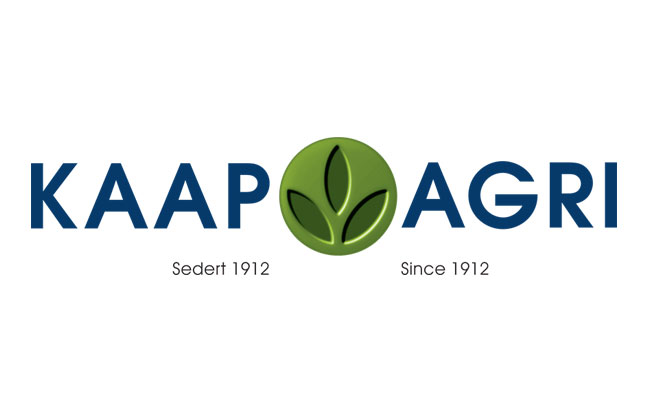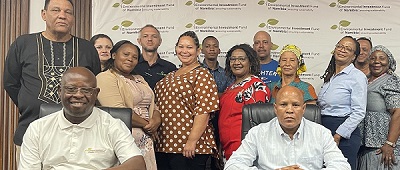
Agri chain retailer lists on JSE

Kaap Agri this week was listed on the “speciality retailer” sector of the main board of the Johannesburg Stock Exchange (JSE) this week.
Kaap Agri listed at R58,60, which represents a market cap of approximately R4.1 billion. Shares have since increased to R61 a share. Kaap Agri’s operations span seven of South Africa’s provinces and Namibia with the biggest operational footprint in the Western Cape.
Kaap Agri trades under different brands, with Agrimark, Pakmark and the Fuel Company currently accounting for about 80% of its income. The listing will also allows a platform for Kaap Agri to merge and possibly even acquire other entities alongside organic growth.
Kaap Agri CEO, Sean Walsh said listing on the JSE will make Kaap Agri visible to a wider investor audience which will draw additional liquidity.
Walsh said Kaap Agri is confident that it will be able to reach its target of a minimum annual growth of 15% in headline earnings per share over the next three years. Recurring headline earnings reached R147m, or 208c a share, with an interim dividend of 29.4c per share declared.
Vunani Securities analyst Anthony Clark estimated that the Kaap Agri listing would add 15c to 18c per share (or about 2%) to Zeder’s sum-of-the-parts (SOTP) valuation. Clark said his long-term target price for Kaap Agri was R80 based on earnings estimates of 352c per share and 420c per share for the 2018 and 2019 financial years.
Recent figures for the half-year to March show temporary income for the second larger retail company to list on the JSE following Dis-Chem, which made its market debut late in 2016 at R3.46bn, with gross profit at R578m.
Although markedly smaller than the JSE’s mainstream retail counter, Kaap Agri has enjoyed strong profit and dividend growth over the past decade as the company successfully diversified its retail operations.












































